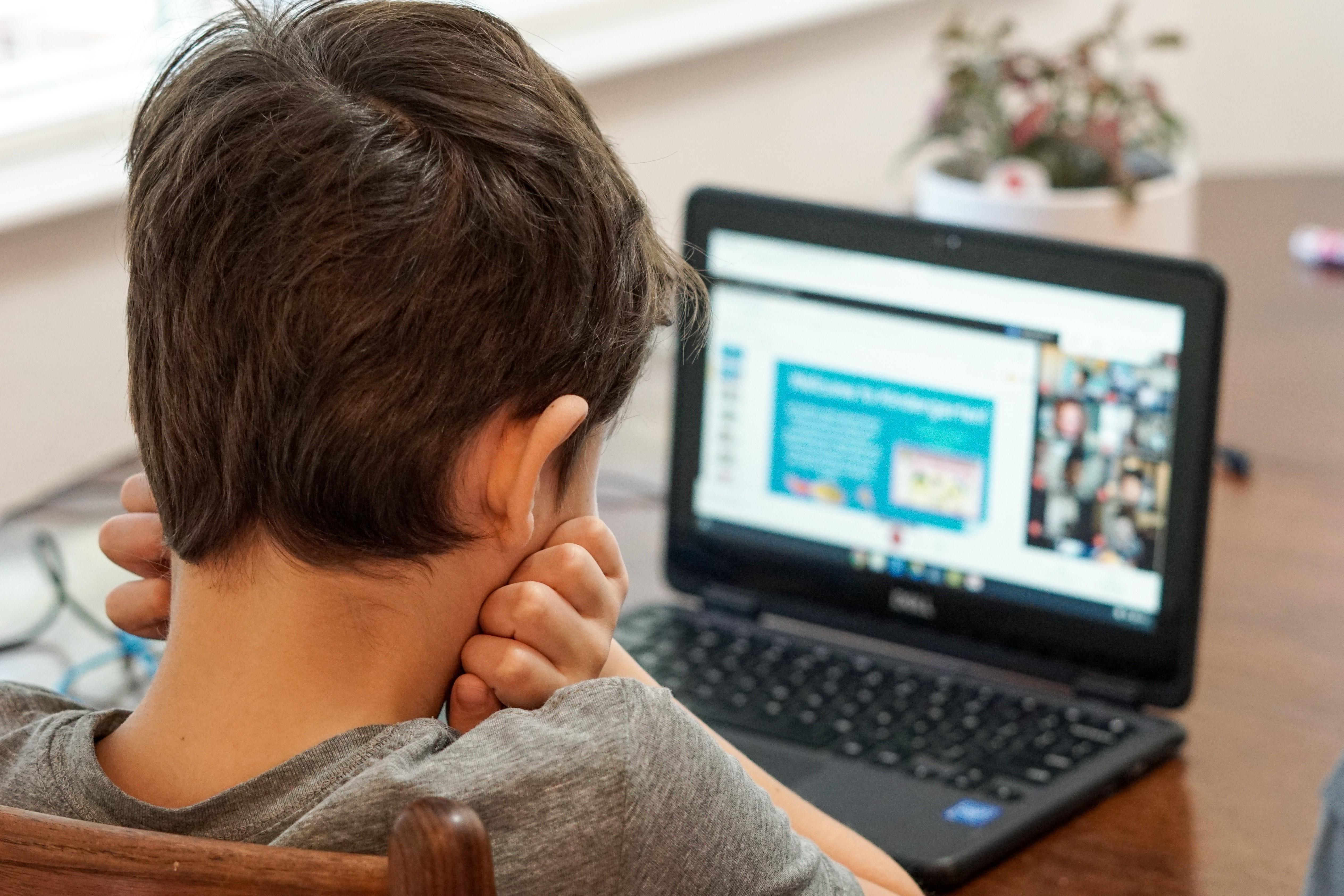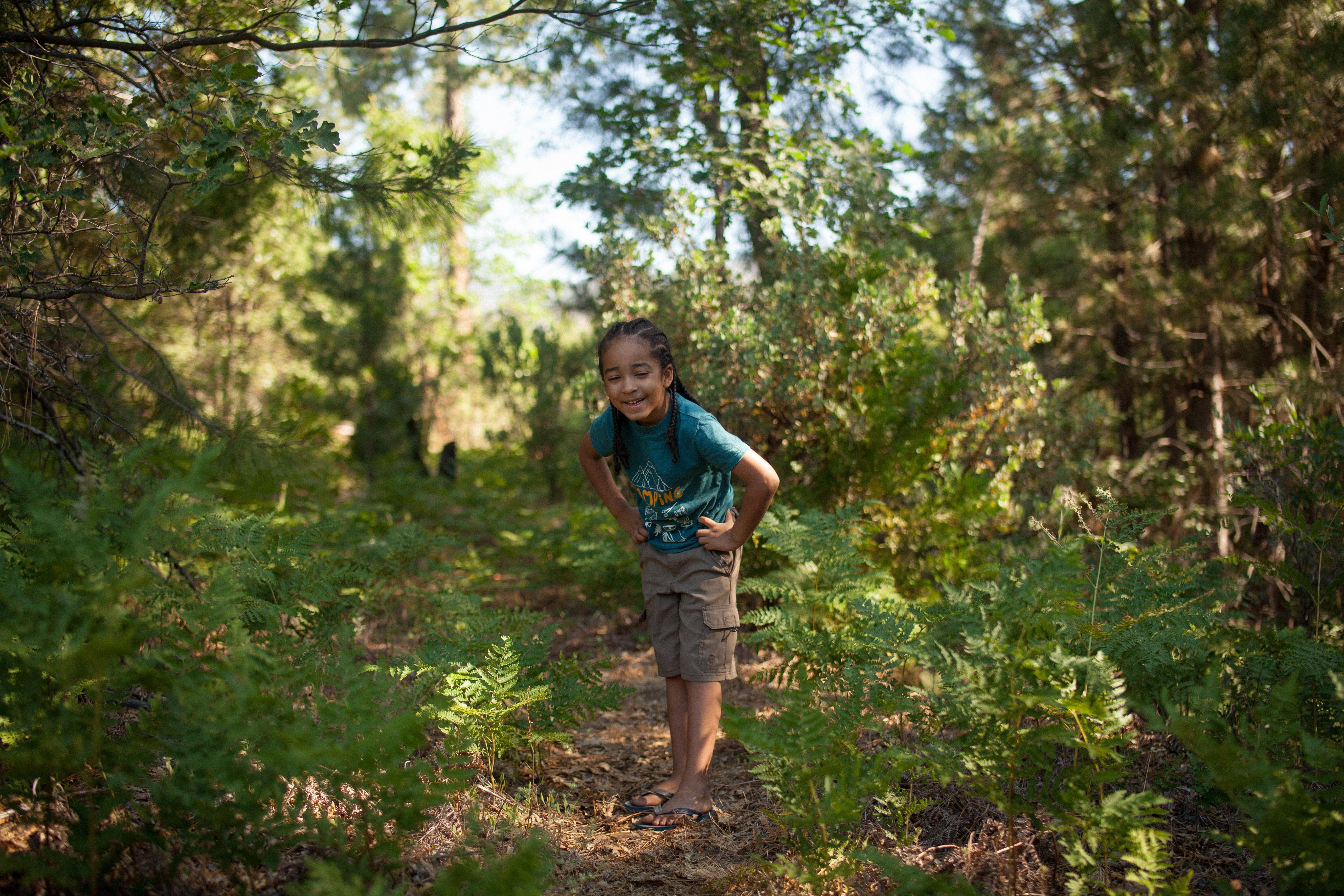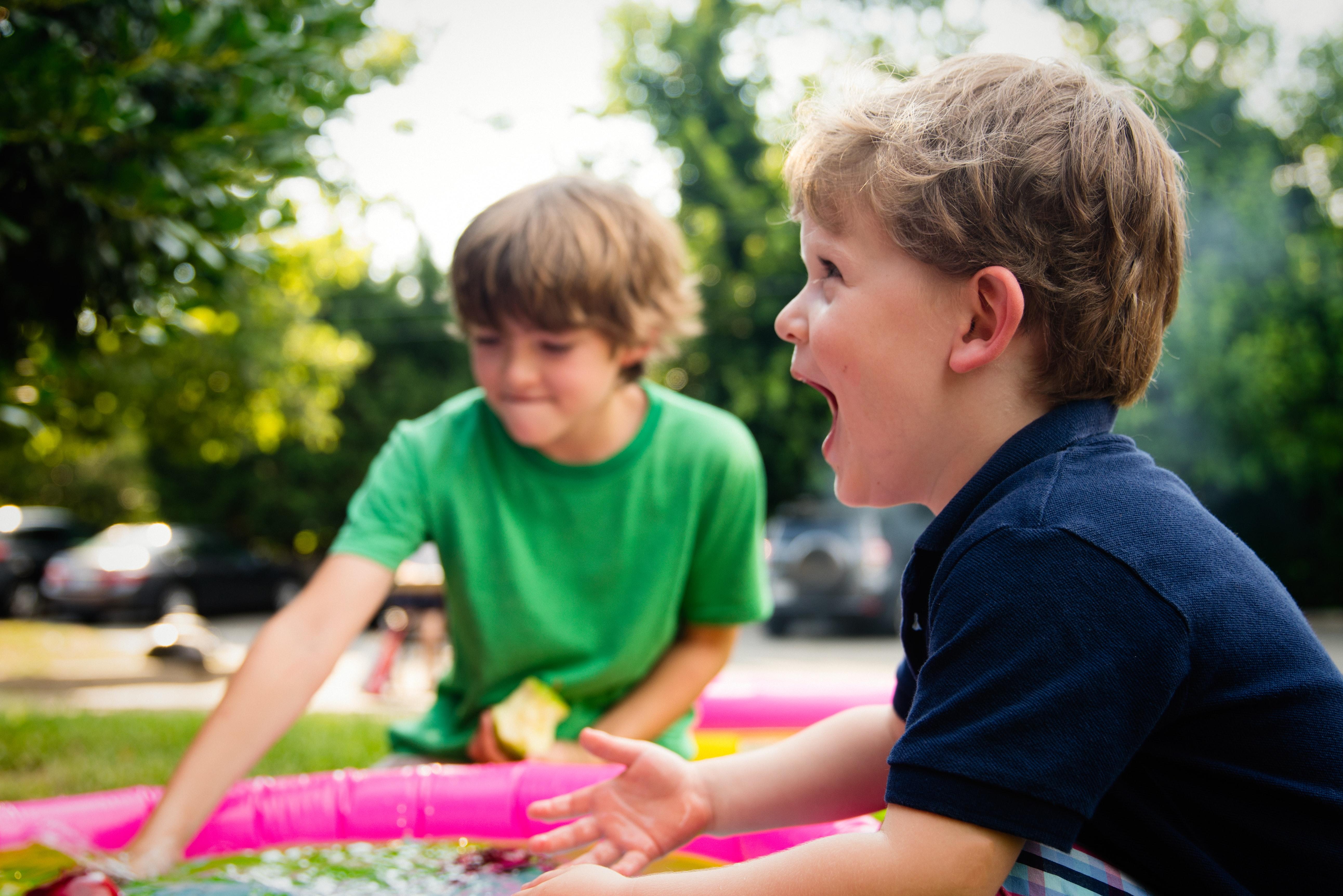Monitoring are children's social emotional skills can always a be a bit tricky. It can be a challenging time for our children and we just want what's best for them. But the question becomes how can we support them the best we can?
We'll offer some guidance in this article to help your child succeed.
-

Virtual learning can be stressful and impact our kids negatively. Source: Unsplash
As many educators know well, school is far more than a place where students are taught “the curriculum”. School is, in fact, a place where relationships are made, skills are developed in social situations, teamwork is learned, and arts and culture flourish. Many of life’s milestones happen in schools: the first day of kindergarten, grade 8 graduation, memorable field trips, proms, dances, and high school graduation.
For many of us, school will always evoke major memories of childhood, from amazing teachers to social circles and a first slow dance. School teaches young children to cope with failure, follow routines, develop interpersonal skills, and practice empathy. As technologically savvy and modern as today’s students are, a traditional bricks-and-mortar school will always be important as a place to see friends and experience the first thrills of independence.
With so many drastic changes, especially during COVID-19 it’s hard not to feel worried about the mental health, self-esteem and social and emotional development of our kids. While the impact is different for every age group, community, and family, it would be remiss to say that the pandemic hasn’t had an impact on our children. As parents, we have to wonder - what are the long term impacts of this year? How can I support my child’s mental health?
Let’s take a closer look at some of the best ways we can support our kids.
Find out why summer learning is more important than ever for your child in 2021.

Seek Professional Help
Let’s start by emphasizing how important it is to seek professional guidance if you notice your child exhibiting symptoms of depression, anxiety, or is behaving differently than usual. Start by talking to your family doctor, who can screen your child for symptoms, provide referrals to a counsellor or therapist, and help children with their physical well-being. Professional guidance is important if you notice your child’s mental health is at risk: mental health care professionals are trained to recognize any issues and offer the best possible strategies for care.
Want to keep your child reading and writing over the summer? Read our article on maintaining literacy over the summer.
Check on Your Kids' Emotional Well-Being
Having regular conversations with your kids about school and friends is an easy way to get a sense of how they are doing in their day-to-day lives. Whether it’s a quick check-in over dinner, a chat on an after dinner walk or car ride, small conversations can keep you abreast of their lives. So much happens online these days, and a simple argument with a friend over text messages can be just as dramatic (or even more so) than in “real”, in-person life. If your kids are younger and don’t have the same options as teens do for socializing virtually, have a talk with your child to see if you can help. You may be surprised at what your child may say - perhaps they want to be able to join a gaming platform with their friends, or simply have a Google meet set up so they can play with friends.
-

It's important for our kids to feel connected with friends. Source: Unsplash.
Simple check-ins give parents and guardians a sense of where your child is mentally and socially. The more frequent they happen, the more natural they become - so if it feels awkward at first it will get better as the conversations continue. Be sure to share parts of your own life at work or with friends as well - modelling the kinds of conversations you want to have can be powerful for kids. If your child has a special connection with an aunt, uncle, or cousin, try to facilitate some interaction as they may be able to see things about your child that you can’t.

Facilitate Socialization for Your Kids
It’s important for kids to learn how to make friendships and build relationships independently: networking is a skill that will serve them for years to come. Of course, let’s not forget that having friends is fun and a meaningful part of every child’s life. Connecting with others supports our mental health, and our kids will be happier when they have other kids outside the home they can talk and have fun with.
How can you help your child socialize this summer? Check out in-person summer camp activities, even 1 or 2 session classes or workshops that cater to kids. Another thing parents and guardians can do is organize outdoor playdates at parks with other parents, or play games virtually with friends a couple nights a week. While it takes a bit of planning, virtual game night can be just as exciting as the real thing.
Summer is here: Find out how to keep your kids learning through outdoor learning.
Spend Quality Time Outdoors
The outdoors has been busy this year as one of the safest and popular activities available for families. Lucky for Canadians, there’s lots of outdoors to discover, with hundreds of provincial and national parks to explore at a low cost. Pack a picnic, pick a park, and head out early to avoid the heat and crowds. Don’t feel like you have to take your children far - sometimes even a local city park or beach can be enough to lift everyone’s spirits up.
-

Spend quality time outdoors for a natural high. Source: Unsplash.
Bigger provincial and national parks often have trail maps travellers can choose from for hikes. If you have younger kids, shorter and moderately challenging hikes can be tons of fun, while enthusiasts can find trails that can take them on an hours long adventure. When you hike and see something special - think waterfalls, valleys, mountains, and panoramic lake views - your kids’ senses will be stimulated, quite refreshing after months of staring at a screen.
Model Self-Care
Self-care has never been more important than it has ever. Working non-stop online has stressors too, which can be compounded by the blurred distinction between working and professional life. Your kids are likely feeling very similar, and while it may seem normal to weather the storm a bit of self-care will do a lot for your family’s morale.
So what is self-care? Literally anything that makes you relax and supports your well-being and happiness. Sure, a beach vacation or spa visit are the easiest examples that come to mind, but self-care for your family might include having dinner on a patio together, watching a movie, picking up a book, or doing some gardening. Do what makes you happy, and encourage your children to do the same.
-

Make sure your child gets time to unwind and relax. Source: Unsplash.
Read our latest article on how to keep your child practicing math all summer long.
Help Your Child Nurture their Passion
Another way to support your child’s mental health is to support them in discovering or nurturing their passions. Maybe they love a sport, want to play a musical instrument, learn to sing, or build robots. Perhaps they want to become a skilled Anime artist or draw sports cars. Whatever it is your child is interested in, now is a great time to do it as it will stimulate their minds and keep them engaged.
Many specialty schools and classes are opening up or offering online classes, so look into private classes near you where your child can pursue their interests. Another fantastic and convenient option is to find a tutor or private instructor that can teach your child. Sites like Superprof have listings for local tutors near you that can teach a variety of subjects: cooking, languages, drawing, painting, piano, guitar, and more.
-

Encourage your child to pursue their passions. Source: Pixabay
The best thing about hiring a local tutor is they can work with your child in person. A tutor can work with your family’s schedule, and tailor a program that suits exactly what your child wants to learn.
Check out Superprof for a local tutor near you today!
Summarize with AI:












